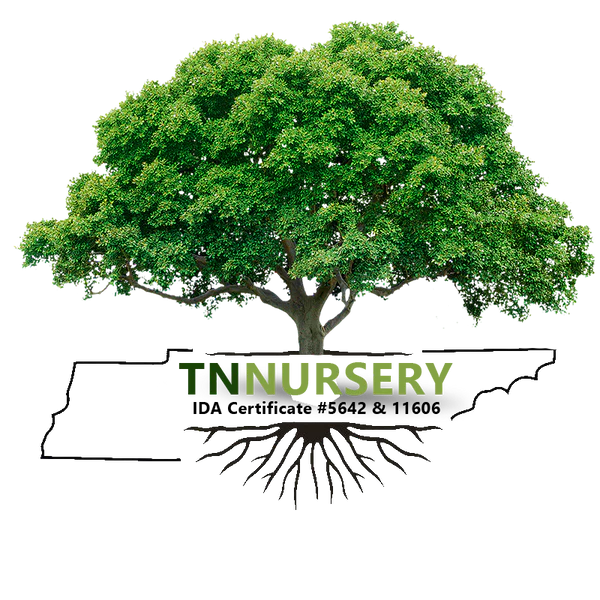This category ships year-round. We are 100% wholesale, offering an arrive alive guarantee for 24 hours only. As with all wholesale nursery websites, we never offer a grow guarantee and this site is for B2B wholesale only, not the general public.
Buy Specialty Plants Online at TN Nursery
TN Nursery offers aquatic plants, hummingbird plants, foraging, birding, and many other varieties of plants in our specialty category that other nurseries may not even sell.
Specialty plants have been selected for their unique characteristics and medicinal properties. They can be found in various environments, including tropical rainforests, deserts, mountains, grasslands, wetlands, oceans, prairies, and even urban areas.
1. Aquatic plants
Aquatic plants include both freshwater and saltwater species. Freshwater aquatic plants are generally less well-known than their marine counterparts. However, they may provide essential food sources or habitats for other organisms. Some freshwater plants produce toxins that can cause illness if ingested by humans or animals. Other freshwater plants contain substances with potential medicinal value. The most commonly used freshwater plant is the bladderwort (Utricularia), which has been used as a diuretic since ancient times.
2. Birding plants
Birders often use bird-watching to relax, but many birds eat insects and seeds from certain plants. These plants provide food for these birds when no other options are available. In addition, many of these plants are attractive to birds because of their bright colors. For example, the purple coneflower attracts hummingbirds, while the yellow cardinal flower attracts cardinals and bluebirds.
3. Butterfly plants
Butterflies are one of the most popular types of insects to watch during springtime. Many butterfly plants attract butterflies through their flowers, while others produce nectar. Some plants are toxic to butterflies, but this does not stop people from collecting them.
4. Fragrant plants
Fragrant plants smell good and make people feel happy. They are usually associated with spring and summer, but some fragrant plants bloom year-round. Some fragrant plants are grown commercially for their fragrance. Others are used medicinally to treat various conditions. For example, lavender oil is used to help reduce stress and anxiety.
Wildlife Plants, Fragrant Plants, and Plants For Specific Reasons
In conclusion, it is possible to find almost any type of plant in any environment. There are many more plants that fall into several of these categories.

























